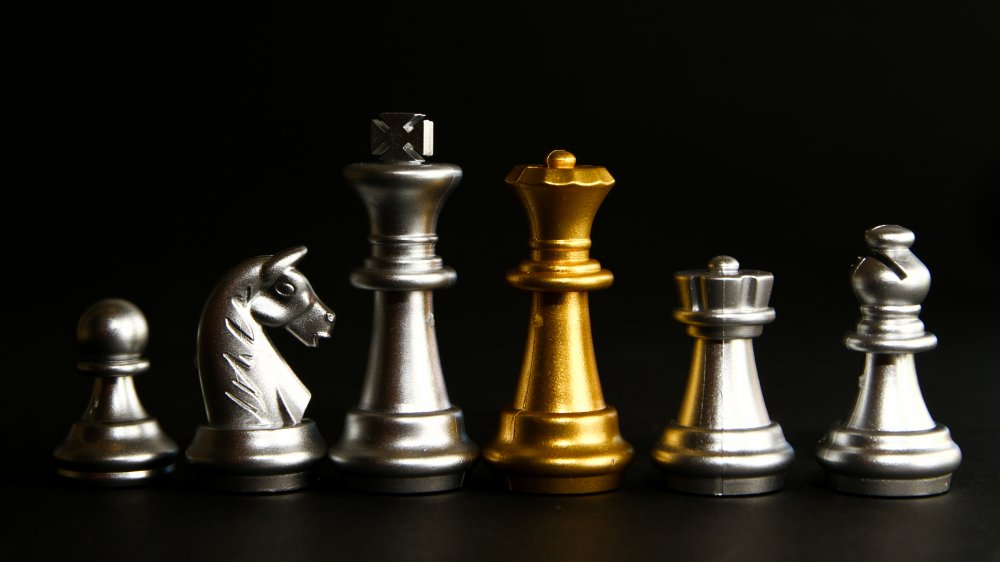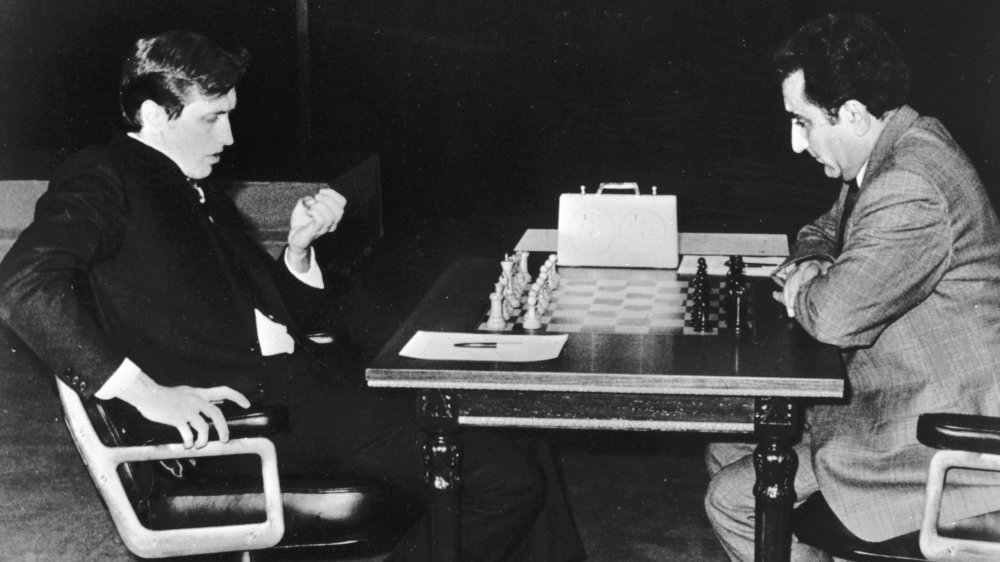The Real Reason Bobby Fischer Never Defended His World Title
Few moments in history are as indicative of how strange the Cold War years were as the saga of American chess grandmaster Bobby Fischer and his victory over Soviet grandmaster Boris Spassky in 1972. With his win Fischer not only became the greatest chess player in the world, but also fired a substantive shot across the bow in the war of intellectual superiority between the US and the USSR. His victory made him an American hero, but almost as soon as he had collected his title he dropped out of public life. So strange was his disappearance that the question of "Where is Bobby Fischer?" became a major cultural moment.
In 1975 Fischer was set to defend his title as world champion. However, this game never happened. According to a contemporaneous New York Times article "Mr. Fischer had sought two rules changes and had declared his intention not to play unless they were granted." After failing to formally accept the challenge by the deadline set out by the International Chess Federation Fischer's opponent, Anatoly Karpov, was declared the winner by default and Fischer was stripped of his title. His refusal to play shocked the world, but this kind of erratic behavior wasn't new for Fischer.
Fischer's troubling history
Fischer was a chess prodigy and had been competing from a young age. An essay in Pacific Standard by Joseph G. Ponterotto cites interviews with many chess grandmasters who interacted with Fischer over the years and who were acutely aware of his troubling behavior. In one instance chess master Ron Gross recounted a car trip with a 14 year old Fischer, wherein he bit a fellow player hard enough to leave scars. Fischer was also notorious for his vocal anti-Semitism (despite the fact that his mother was Jewish), which began at a young age and came to define his public persona later in life. Multiple colleagues in the world of professional chess recall trying to get him to see a psychologist for his mental health issues, but say that Fischer always brushed off their concerns.
Ponterotto's essay details many reported instances throughout Fischer's life where he seemed to be acting out of an extreme paranoia. After refusing to defend his title he slipped into obscurity, only reappearing occasionally to spout off anti-Semetic and anti-American conspiracy theories (including a particularly shocking post-9/11 radio interview) before disappearing again. In 1992 he participated in and won a rematch against Spassky, but this match was played in Yugoslavia, a country American citizens were barred from visiting at the time. A warrant was put out for his arrest, causing Fischer to live abroad in exile. Eventually he was granted Icelandic citizenship and lived in the country until his death in 2008 at the age of 64.
Fischer never gave a reason for why he forfeited his title and walked away from the world of professional chess, but given his behavior, it seems likely that his mental health was a major factor.

